To Charge or Not to Charge?
Some library programs come with a cost — literally. Noah Lenstra explores the issue.
Some library programs come with a cost — literally. Noah Lenstra explores the issue.
Why reinvent the wheel? John Jackson shares his tabletable for promoting programs at his academic library.
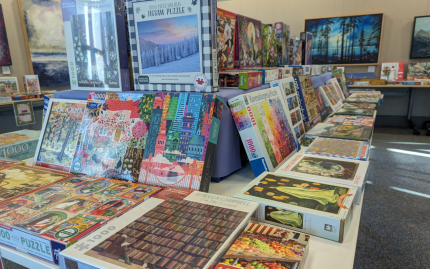
Give a puzzle, get a new puzzle in exchange at the Jigsaw Puzzle Swap.
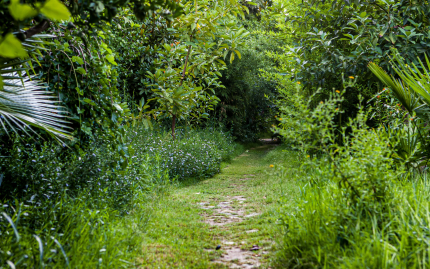
A local cemetery collaborates with the library to educate on alternative, Earth-conscious death planning.
How often is registration necessary for library programs?
These 8 programs utilize a few of the thousands of primary sources available from the Library of Congress.
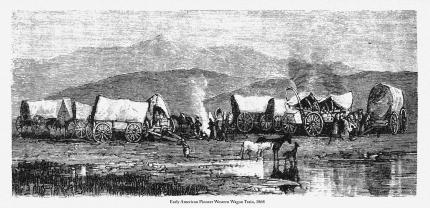
Inspired by the original video game, this program simulates a full run of the historical trail.
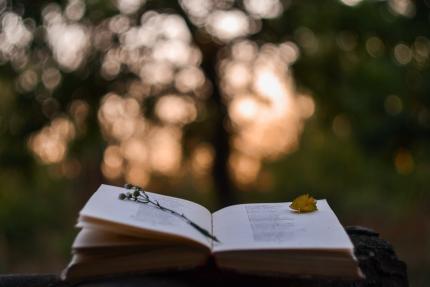
Winners of this poetry contest get their poems painted onto local sidewalks.
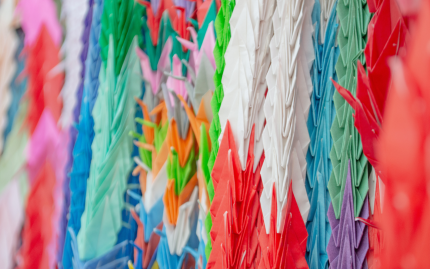
In this passive program, patrons created 1000 paper cranes to honor the victims of a local shooting.
June celebrates the important contributions LGBTQIA people have made throughout history.